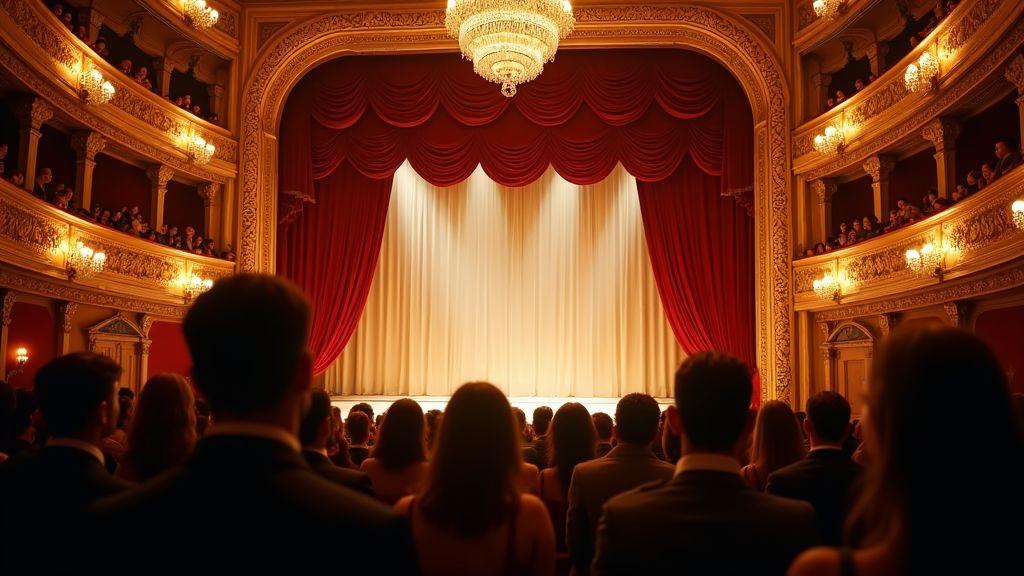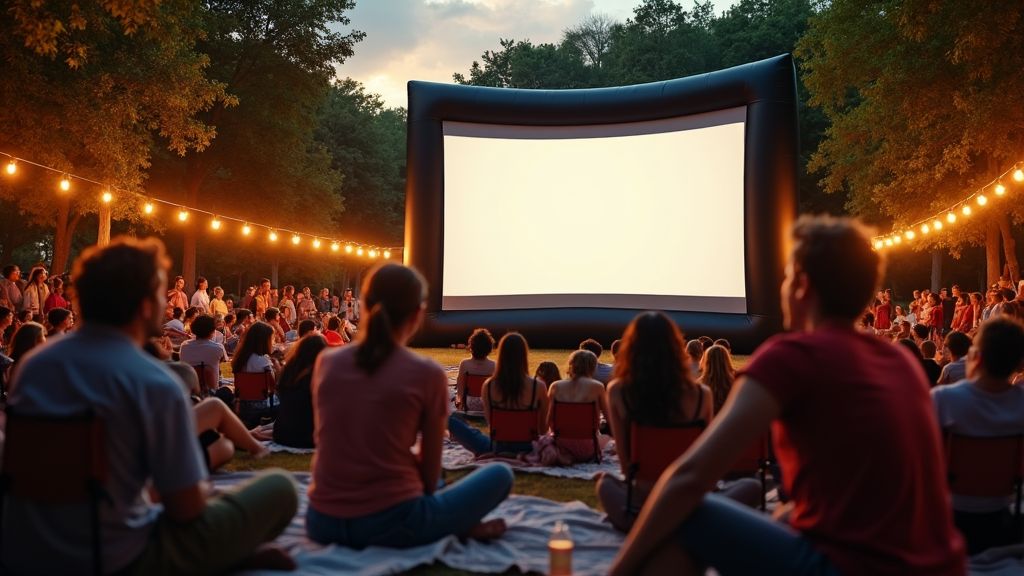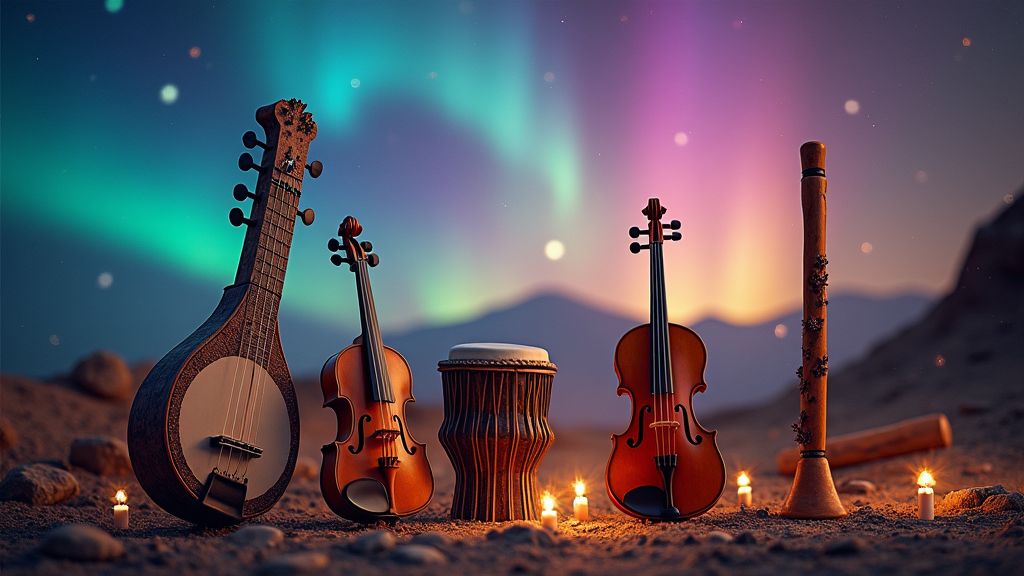Exploring the Cultural Significance of Opera
When we think of opera, images of elaborate costumes, powerful vocals, and dramatic storylines often come to mind. But beyond the surface level entertainment, opera holds a rich cultural significance that has captivated audiences for centuries. In this article, we will delve into the world of opera and explore its historical roots, artistic evolution, and enduring impact on society.
The Origins of Opera
Opera originated in Italy in the late 16th century, blending elements of music, drama, and visual arts to create a unique art form. The first recorded opera, ‘Dafne’ by Jacopo Peri, was performed in Florence in 1598. This groundbreaking work paved the way for future composers like Claudio Monteverdi, who composed the first true opera, ‘Orfeo,’ in 1607.
The Rise of Opera Houses
As opera gained popularity across Europe, dedicated opera houses began to spring up in major cities. The Teatro di San Cassiano in Venice, opened in 1637, is considered the world’s first public opera house. These venues provided a stage for talented performers to showcase their skills and for audiences to immerse themselves in the grandeur of opera productions.
Key Figures in Opera
Throughout history, many composers and singers have left a lasting impact on the world of opera. Wolfgang Amadeus Mozart, known for classics like ‘Don Giovanni’ and ‘The Magic Flute,’ revolutionized opera with his innovative compositions. Opera diva Maria Callas, hailed as the ‘Queen of Opera,’ captivated audiences with her powerful voice and dramatic performances.
Opera Today
In the modern era, opera continues to thrive as a vibrant and evolving art form. Contemporary composers blend traditional operatic techniques with modern influences, creating groundbreaking works that push the boundaries of the genre. Opera houses around the world host a diverse range of productions, attracting audiences of all ages and backgrounds.













